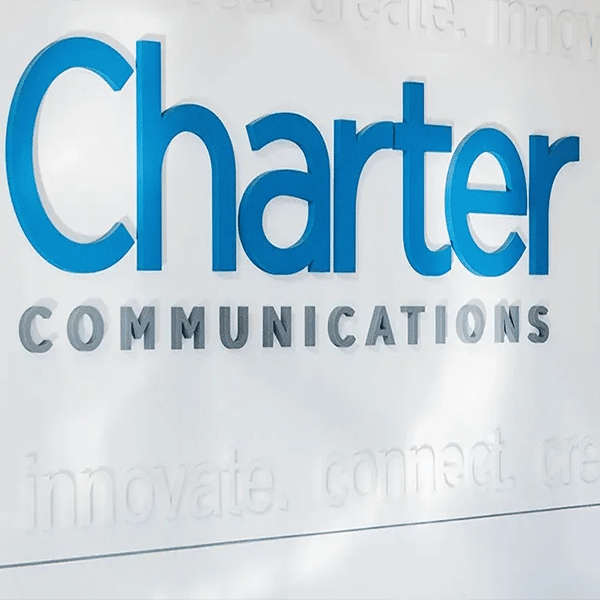Charter said that it will comply with a series of recommendations made by The National Advertising Division (NAD) of BBB National Programs about certain claims the company has made about T-Mobile fixed wireless offerings, known as T-Mobile 5G Home Internet and T-Mobile Internet Lite.
Both T-Mobile offerings use the company’s cellular network to deliver fixed service. Charter provides its internet service, sold under the Spectrum brand, via a hybrid fiber/coaxial network that physically connects to a consumer’s home.
T-Mobile challenged claims made by Charter that aimed to distinguish Charter’s Spectrum home internet service from the T-Mobile offerings. Two commercials, titled “Game Time” and “Move Out,” were reviewed in the challenge.
NAD recommends that Charter discontinue claims made in the “Game Time” spot, which suggest that T-Mobile Home Internet services provide “spotty” and “glitchy” service and that the services are unusable. NAD also determined that the claim that Charter’s own Spectrum service is typically not glitchy is supported by the evidence.
On the “Move Out” spot, NAD determined that the message that T-Mobile Home Internet is too slow for five people to use simultaneously be modified. The claims that “There’s not enough speed for all of us” and “T-Mobile Home Internet slows down when you need it most” must be changed to make it clear that the statements refer to peak times, NAD stated.
T-Mobile also challenged Charter’s Home Internet Facts web page. NAD recommends several steps: That Charter discontinue its “Lag that Makes Gamers Rage” banner and that it modify the “Buffering Will Test Your Patience” banner to clearly state that claims made in those banners are limited to the peak congestion hours of 7 p.m. to 11 p.m. NAD also recommends that the site say buffering may happen, not that it will happen.
NAD also says Charter should revise its Home Internet Facts page to make it clear that certain comparisons made between the two companies’ offerings do not include T-Mobile 5G Home Internet. The organization also requests that Charter modify the Speed Reliability Chart to “avoid conveying a misleading message about comparative speed reliability.”
Additionally, NAD made a series of recommendations that Charter discontinue or revise a number of other website claims, including modifying the “High-Speed Internet for Rural Areas” portion of its website to avoid conveying the message that T-Mobile 5G Home Internet is not available in rural areas. NAD said that claim was unsubstantiated.
“Charter will comply with NAD’s recommendations and we welcome NAD’s recognition of our right – with certain modifications – to distinguish our internet service from T-Mobile’s by touting product differences that provide meaningful benefits to consumers,” said a Charter spokesperson in an email to Telecompetitor.
The spokesperson also said that Ookla data shows that 20% of T-Mobile customers can’t get “broadband speeds” during peak hours and noted that NAD did not dispute that..
Not all decisions that NAD has made about T-Mobile have been so favorable to the provider. In July, T-Mobile US said it will appeal NAD decisions on challenges brought by AT&T. The decisions involved what the organization found were mostly unsupported claims in “Phone Freedom” ads on television, radio and T-Mobile’s website.
Updated with the statement from a Charter spokesperson

